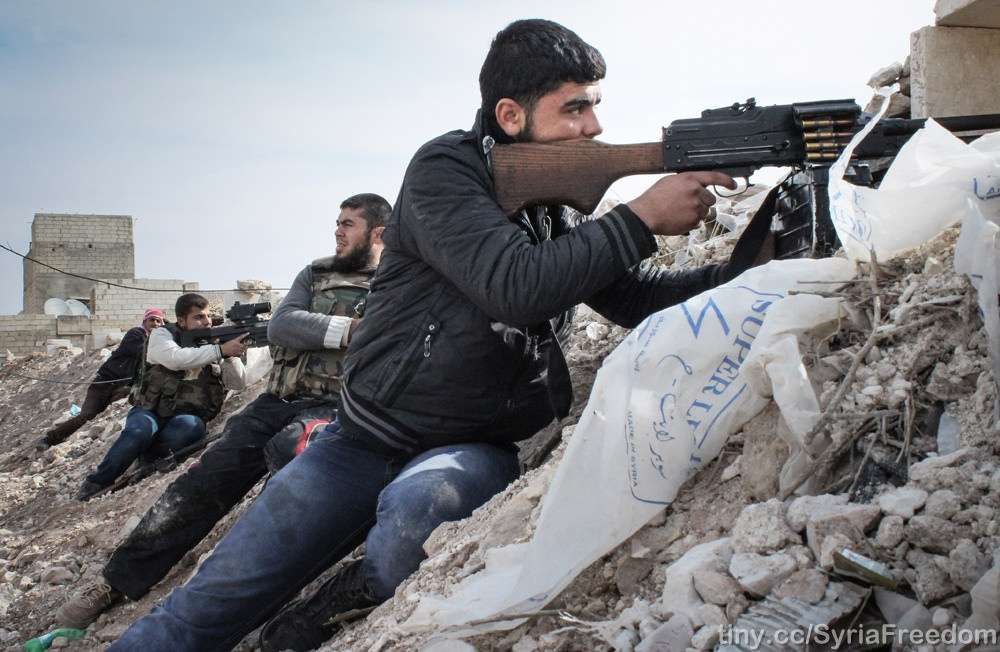Death of Danish Jihadist Highlights International Makeup of Assad's Opposition

Earlier today, UPI reported that Slimane Hadj Abderrahmane, a jihadist fighter, had been killed in Syria. Many jihadists have been fighting and dying in the Syrian conflict, and the death of Abderrahmane is at first glance nothing particularly worth noting. However, Abderrahmane's death highlights the international nature of the Syrian conflict and the different ideals motivating Assad's diverse opposition.
Abderrahmane was a Danish national who was born in Denmark to an Algerian father and a Danish mother. In February 2002 Abderrahmane was arrested in Pakistan and sent to Guantanamo Bay, where he was detained until February 2004 (link to declassified chronological listing of Guantanamo detainees from the Office for the Administrative Review of the Detention of Enemy Combatants here).
The Copenhagen Post reported that according to Danish domestic intelligence Abderrahmane was one of an increasing number of Danes going to fight against Assad in Syria.
The conflict in Syria is oftentimes described as a civil war, and while Syrians are the main belligerents in the fighting it is important not to forget that Syria has become a battlefield where fighters from across the world have come, only adding to the already high possibility of a destabilized post-war Syria.
In December last year Reuters reported that U.N. investigators had recorded fighters from 29 different countries coming to Syria to fight with Assad's opposition:
Most of the "foreign fighters" slipping into Syria to join rebel groups, or fight independently alongside them, are Sunnis from other countries in the Middle East and North Africa, the U.N. investigators found, reporting on their findings after their latest interviews conducted in the region.
"They come from all over, Europe and America, and especially the neighbouring countries," said Abuzayd, adding that names from 29 states had been recorded so far.
It is not only Assad's opposition that is receiving help from abroad. The Syrian regime is supported by allies Iran and Russia, as well as by Lebanese Hezbollah fighters.
Recently Obama said that he was open to reversing his previous position of not arming Syrian rebels. Given the international diversity of the rebels and the increasing possibility of international involvement in Syria it would be best for Obama to resist the urge to arm those fighting the Assad regime. If the rebels win no one can predict what might happen next or whether the U.S. will be safer as a result.


Show Comments (13)